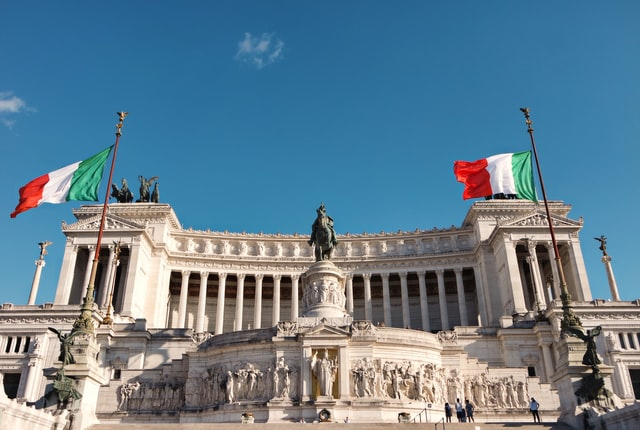2021 was a positive year for tourism after the substantial drop in international travel seen in 2020. Last year, the number of nights spent at EU tourist accommodation establishments totaled 1.8 billion, up by 27% compared with 2020, but down by 37% compared with 2019, according to Eurostat.
When viewing the evolution during the pandemic years, the number of nights spent in 2021 compared with 2020 increased in the majority of EU Member States with available data. The largest increases were recorded in Greece, Spain and Croatia, with surges of over 70%. On the other hand, Latvia, Slovakia and Austria were the Member States that saw decreases, reporting drops of less than 18%. This shows signs of recovery in the tourism sector.
On the other hand, when comparing the number of nights spent in 2021 with the pre-pandemic year of 2019, the most affected countries were Latvia, Slovakia, Malta and Hungary, with drops exceeding 50%. At the other end of the scale, Denmark and the Netherlands reported drops of less than 20%. These figures are far less dramatic than the figures for 2020 compared with 2019.

In 2021 compared with 2020, there was an increase in the share of nights spent by non-residents of the country (from 29% in 2020 to 32% in 2021, +3 percentage points). This increase was attributed to the share of guests from other EU countries (from 21% in 2020 to 24% in 2021), while the share of guests from the rest of Europe and the rest of the world stayed the same (5% and 3%, respectively).
On the other hand, when comparing 2021 with pre-pandemic figures (2019), all EU countries recorded a decrease in non-resident guests. Latvia, Slovakia and the Czech Republic took the biggest hit, recording drops of more than 75% while Croatia and Luxembourg were the least affected, recording drops of less than 45%.
Tourism is the world’s third-biggest export sector, according to the World Tourism Organization (UNWTO). During the pandemic, tourism lost out on around $1 trillion of export revenues in 2021, UNWTO estimates. It predicts that the tourism industry will recover gradually in 2022. Despite the appearance of the Omicron variant, International tourist arrivals globally grew 130% in January 2022, UNWTO reported.

According to the European Parliament, more than 2 million businesses conform the EU’s tourism industry. According to the World Economic Forum, these businesses employ an estimated 12.3 million people, but worker numbers increase to 27.3 million when looking at the whole value chain and associated enterprises.
Across the EU in 2018, travel and tourism made up about 4% of GDP, the total value of products and services produced in a country, or 10% if closely related sectors are taken into account. Three-quarters of these tourism businesses operated in either accommodation or serving food and drink. Italy, France, Spain and Germany were home to 55% of the EU’s tourism firms in 2018.













